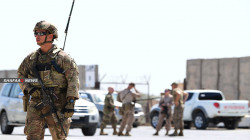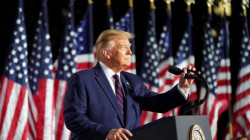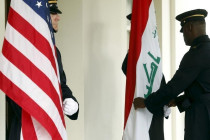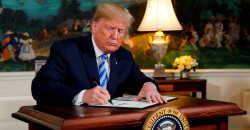Report: Johnson refused Trump’s call to bomb Iraq
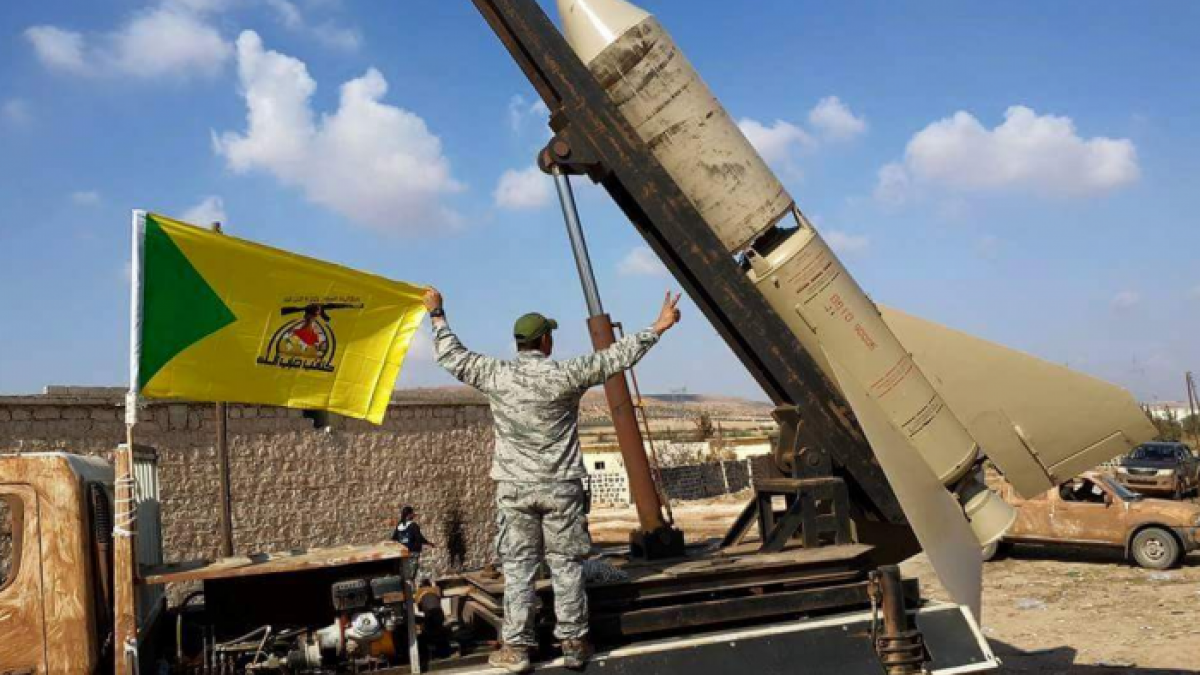
Shafaq News / Boris Johnson rejected a call from Donald Trump’s White House to participate in airstrikes in Iraq last March after an intervention by the UK government’s top legal officer, according to Dominic Cummings.
The reasoning behind the attorney general’s advice was not spelled out by the prime minister’s former chief aide during his seven-hour testimony on Wednesday, although a human rights group said the US strikes were illegal under international law.
Trump’s request came during “a completely surreal day” on 12 March last year at a time when concerns about coronavirus were escalating in Downing Street, which Cummings said “completely derailed” efforts to deal with the emerging pandemic.
“In the morning of the 12th, suddenly, the national security people came in and said Trump wants us to join a bombing campaign in the Middle East tonight,” Cummings said – forcing Downing Street to host “two parallel sets” of crisis meetings.
A day before, two Americans and one Briton – L/Cpl Brodie Gillon, a reservist who served as a frontline medic – had been killed at the Camp Taji base in Iraq in a rocket attack, which the US said was carried out by the Iranian proxy group Kataib Hezbollah.
Trump wanted to retaliate swiftly, and the decision on whether to join the bombing raids or not took up most of the day, Cummings said, only ending after Suella Braverman persuaded Johnson not to take part, almost certainly on legal grounds.
“Fortunately thank God, the attorney general persuaded the prime minister not to go ahead,” Cummings told the joint inquiry by the health and science committees, which is examining the early stages of the Covid pandemic.
The attorney general would be called in to assess whether RAF involvement in any airstrikes would be legal under UK and international law, whether they represented a proportionate response and would not cause undue civilian casualties.
Tensions in the region were still running high, two months after Trump had ordered the assassination of Iran’s Gen Qassem Suleimani in Iraq, which had briefly raised fears of a wider conflict in the Middle East.
Defence sources said on Thursday there had been no need for the UK to join the bombing because the US had pressed ahead anyway. “There was lots going on domestically,” they added.
On that day, Cummings also said Johnson’s partner, Carrie Symonds, was unhappy about a story in the Times on 11 March about “the prime minister and his girlfriend and their dog”, which she was “demanding that the press office deal with”.
“We had this completely insane situation in which part of the building was saying: ‘Are we going to bomb Iraq?’, part of the building was arguing about whether or not we’re going to do quarantine or not, and the prime minister has his girlfriend going crackers about something completely trivial,” Cummings told MPs.
The US went ahead with the bombing raids without British help, targeting at least five sites around Baghdad linked to Kataib Hezbollah, but the human rights group Reprieve said there was insufficient proof that Kataib Hezbollah had carried out the attacks.
Jennifer Gibson, a lawyer with Reprieve, said: “According to the US’s own comments at the time, they didn’t have proof the Iranian group, Kataib Hezbollah, carried out the attack on the US base. They just knew the group had previously carried out attacks and so said they were ‘likely’ to have carried it out.”
Although the UK had declined to join in, Ben Wallace, the defence secretary, said on 13 March that it supported them. “The coalition stands shoulder to shoulder in Iraq. When we and others are attacked we reserve the right to defend ourselves.”
Source: The Guardian

